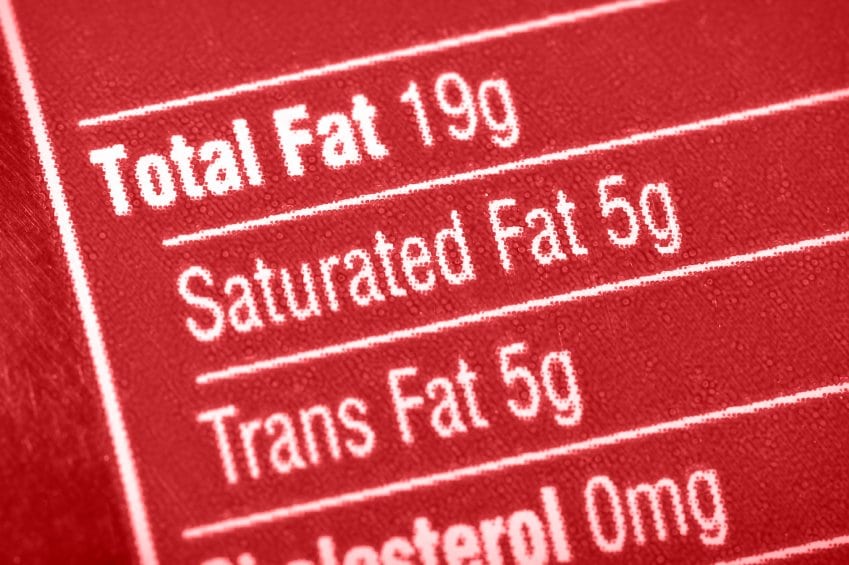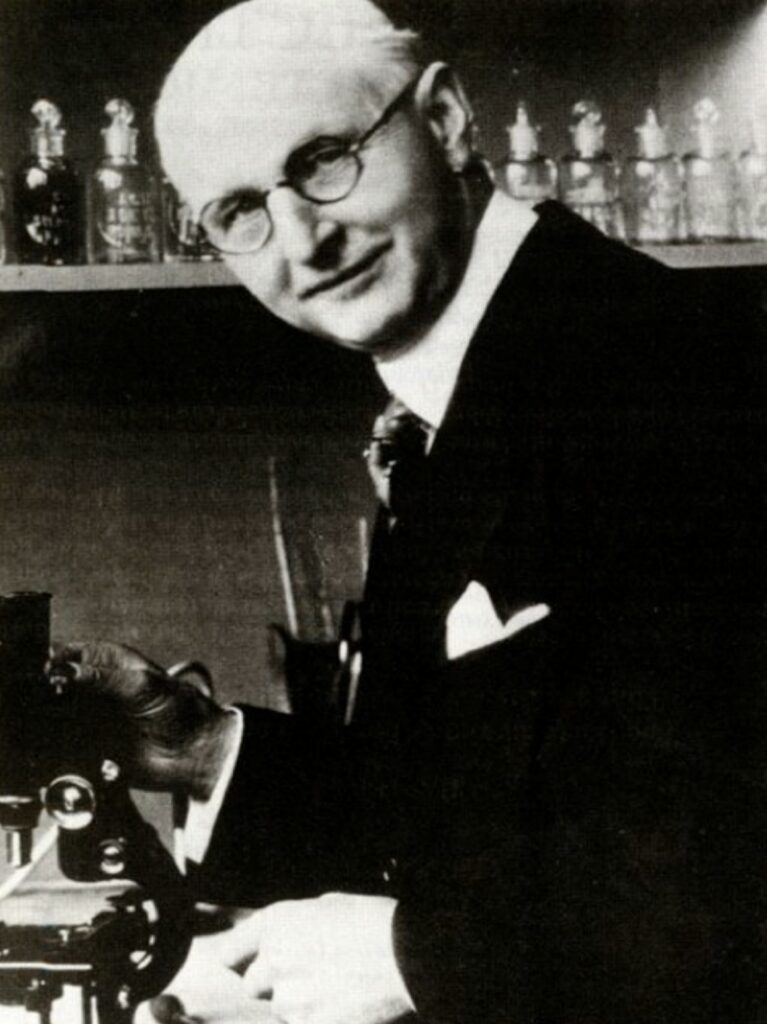Access to all articles, new health classes, discounts in our store, and more!
Trans Fats: Ten Foods to Avoid

In late 1999, the US Food and Drug Administration (FDA) found health-harming hydrogenated trans fats in 100 percent of the crackers, 95 percent of the cookies, and 80 percent of the frozen breakfast foods (such as waffles, pancakes, and French toast) that researchers sampled from supermarket shelves.Trans Fats on Label
Today, trans fats are again gaining national attention as the FDA considers banning their use in the United States (article). These artificial industrial fats are formed when liquid vegetable oils (usually those high in polyunsaturated omega-6 fats: corn, soy, safflower, sunflower, and cottonseed oils) are made into solid fats by adding hydrogen. Artificial trans fats increase the stability, shelf life, and palatability of processed foods, but they also take a severe toll on health.
Disease and death
Human consumption of industrial trans fats has been linked to increased cardiovascular disease, strokes, diabetes, cancer, obesity, liver dysfunction, and infertility. Their consumption also promotes inflammation, which contributes too many of the chronic disease epidemics plaguing the world’s population.
For example, artificial trans fats reduce the responsiveness of the cells that line blood vessels (endothelial cells), and studies on animals show that such fats promote insulin resistance (a precursor to diabetes), infertility in women, compromised fetal development, and cognitive decline.
In 1997, researchers at the Harvard School of Public Health estimated “conservatively that 30,000 premature deaths [per year] in the United States are attributable to consumption of trans fatty acids.”
The word was out, and consumers took notice. Fearing lost sales, most manufacturers began to phase out trans fats; in 1999, the FDA estimated that 30 percent of margarines had already been reformulated to remove them.
By the beginning of 2006, the FDA required all food manufacturers to list trans fats on Nutrition Facts labels. And the good news? According to the FDA, “trans fat intake among American consumers has declined from 4.6 grams per day in 2003 to about 1 gram per day in 2012.”
Zero grams? Really?
Although these figures indicate that trans fat consumption is down, there is more to the story. Artificial trans fats can still be found in some processed foods, even though the labels claim none is present. Current FDA labeling rules allow products containing less than half a gram of trans fat per serving to claim zero grams on the label, leading consumers to believe that such products are trans fat free. Of course, consuming several servings of items with almost half a gram of trans fat over the course of a day can add up quickly.
Artificial trans fats can hide in surprising places, such as breakfast cereals, granola bars, and the hard coating on some candies, as well as in chocolate bars and chewy candies, including fruit chews, toffees, and caramels. And remember that, in many cases, the labels can legally claim that the item has no trans fats.
The top ten
With such confusing labeling, it’s easy to accidentally ingest the harmful artificial trans fats. However, there are a few simple steps you can take to avoid them. First, be especially careful when considering eating any of these ten types of commercially processed foods:
- microwave popcorn
- coffee “creamers”
- some candies
- crackers
- cookies
- commercial baked goods (such as pastries, cakes, and pies) made with hydrogenated oils
- packaged breakfast and snack foods
- margarine
- vegetable shortenings
- deep-fried foods (often fried in hydrogenated oils)
Now here’s the challenge: Not all of these foods will have trans fats, and not all will be labeled. But if they do have labels, you can easily determine which do and which don’t contain trans fats by reading the ingredient list carefully. Just look for the word hydrogen tucked inside larger words; for example, if you read “partially hydrogenated oil” or “hydrogenated vegetable shortening” on the label, it does contain artificial trans fats.And if the item doesn’t have a label, just ask. Restaurant and bakery owners who share the concerns about trans fats will be happy to ease your mind and tell you they avoid them, too. Others may admit to using trans fats, or they may not be able to tell you what’s in their products. If they can’t answer, it’s probably best to avoid their food.
Natural trans fats
Not all trans fat is artificial, though. A small amount is found in the products of ruminant animals, and some studies show that conjugated linoleic acids (CLAs), naturally occurring trans fats, have a protective effect on human health. These natural fatty acids actually seem to help in the same areas where artificial trans fats are harmful. CLAs have been shown to improve immune function, fight cancer, improve ratios of body fat to muscle, increase bone mineral density, improve insulin levels, and balance ratios of HDL to LDL cholesterol, thereby aiding in the prevention of atherosclerosis. CLAs are found abundantly in raw, pastured, organic dairy and the meat from grassfed ruminant animals, and they can definitely be a healthy addition to one’s diet.Your best choice, then, for optimum health is to avoid processed and fast foods, and instead eat natural, unprocessed foods – choosing butter over margarine, for example—thereby avoiding the serious health issues tied to the consumption of artificial, industrial trans fats.
–ALICE ABLER
Works Cited
- http://www.ncbi.nlm.nih.gov/pubmed/9322581
- http://www.fda.gov/newsevents/newsroom/pressannouncements/ucm373939.htm
- http://www.hsph.harvard.edu/nutritionsource/transfats/

 Nutrition
Nutrition
